KUALA LUMPUR, Feb 11 — As part of the cultural juggernaut that is South Korea and the hallyu wave, Korean cuisine has enjoyed significant popularity in Kuala Lumpur, with barbeque restaurants and fried chicken chains galore spread throughout the rest of the Klang Valley.
In the Korean enclave that is Solaris Mont Kiara, barbeque and pocha spots (mimicking Korean street food vendors) dominate, but one will also find Zuilong, a restaurant specialising in Korean-Chinese cuisine.
Developed by the Chinese diaspora in Korea, most dishes trace their roots back to Shandong province, where the large majority of early Chinese migration to Korea originated.
One of the most emblematic dishes is jjajangmyeon, a noodle dish from Incheon that’s derived from zhajiangmian, a dish originating in Shandong that comprises thick wheat noodles topped with zhajiang, a fried fermented soybean-based sauce.
Located above a convenience store, Zuilong is hard to miss with its massive sign.
The name means “drunken dragon”, though it is unclear whether it has anything to do with the traditional folk festival in Macao — the dragon mascot eating a bowl of noodles on the sign suggests otherwise.
The restaurant opened in August last year and is run by a Korean couple, with the husband and wife team splitting kitchen and front-of-house duties.
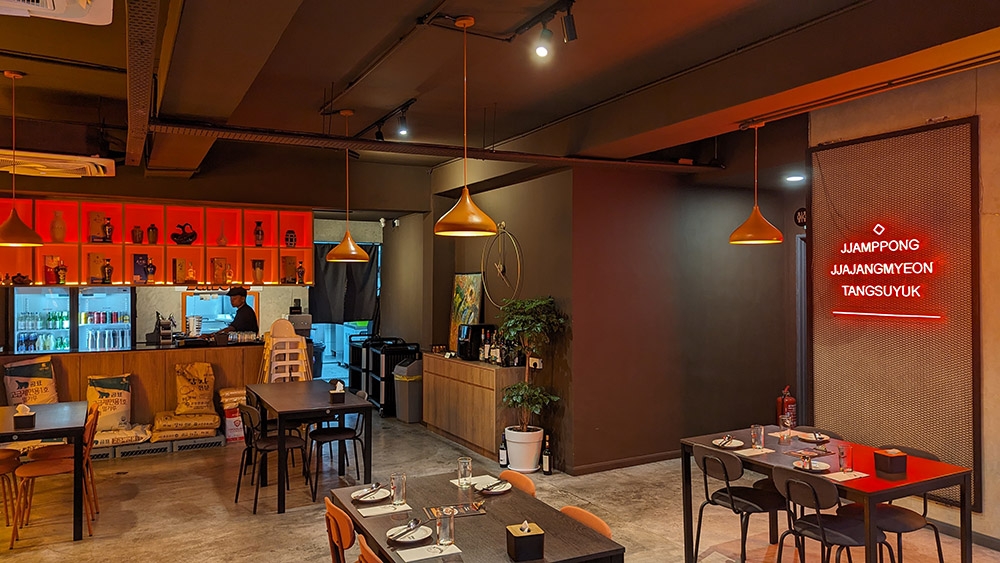
Taking the stairs under the “Corefit” sign brings you to the restaurant, where you’re greeted by another dragon, this time in neon lights.
Bottles of wine and more notably, baijiu, Chinese grain liquor, line the shelves.
Another neon fixture quite helpfully spells out three of the most renowned dishes in the Korean-Chinese canon: jjamppong, tangsuyuk and of course, the aforementioned jjajangmyeon.
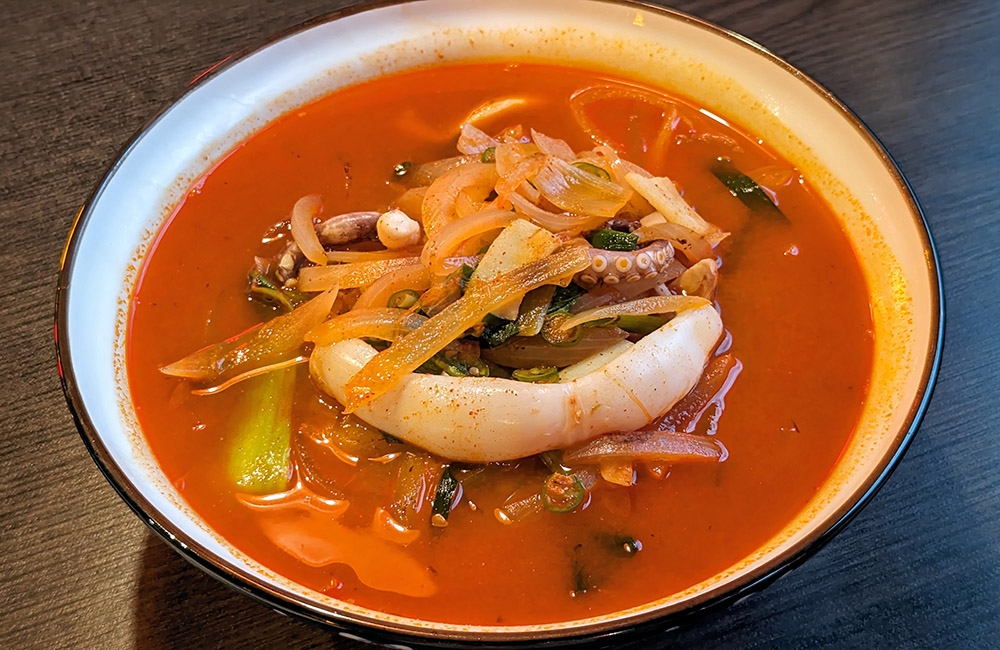
If you come here at lunchtime, these three are available as a set for RM88, which provides plenty of food for two, even three.
The star of the show is undoubtedly the jjajangmyeon; every table — all filled with Korean families on a Saturday — had at least one bowl.
Yellow wheat noodles are the perfect vessel for taking on a thick coating of the dark, viscous sauce that’s absolutely teeming with onions and bits of minced pork.
The flavour is heavy on sweetness from the bean paste and onions, which is where the complementary plates of pickled yellow radish and celery come in handy.
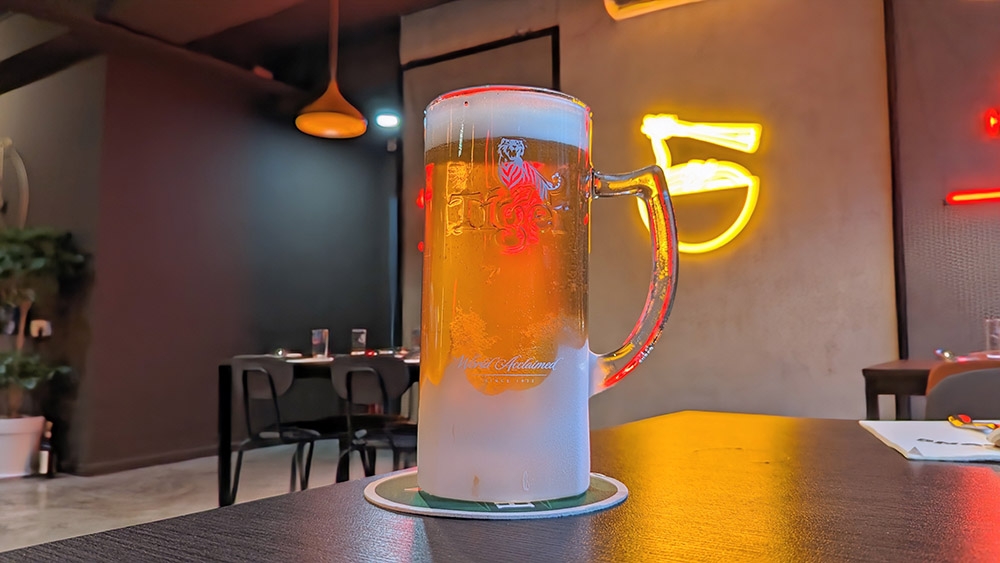
Slurping every last strand up, I’m strangely reminded of KL-style Hokkien mee — it also coats your mouth and lips in this dense, jet-black sauce, just with onion in every bite and without the wok hei.
Jjamppong myeon features the same yellow noodles but in a spicy, seafood-heavy broth packed with plenty of sinus-clearing heat.
Like jjajangmyeon, it is widely considered to have originated in Shandong in the form of chaomamian, but has since evolved into an entirely distinct dish, with additions like gochugaru, Korean chilli powder.
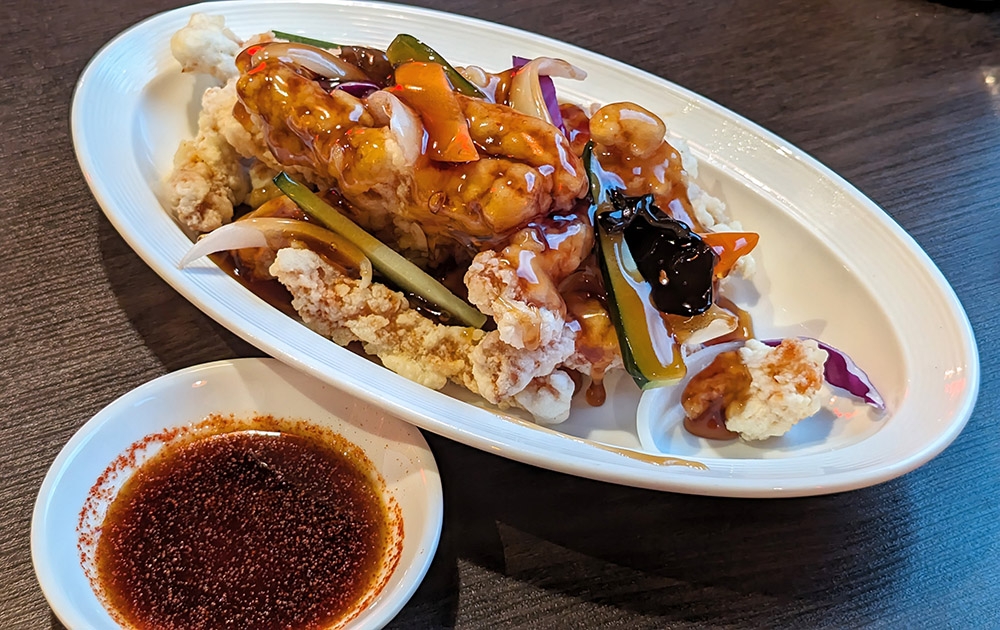
The result is a fiery affair, and the version at Zuilong even contains slices of cili padi for extra firepower; my recommendation is to wash this down with an ice-cold mug of honey beer (RM18), which is just all kinds of crisp, sweet and irresistible.
A familiar sight for most, tangsuyuk is the Korean equivalent of sweet and sour pork and bears a strong resemblance to the Cantonese gu lou yuk that is ubiquitous in Chinese restaurants here.
The name comes from tangcurou, a dish that’s considered the progenitor of all sweet and sour meat dishes in Chinese cuisine.
As she brought the dish, the owner explained a key difference between the two to us: instead of being stir-fried together, the sauce is poured over the crispy battered pieces of pork and sliced vegetables when serving.
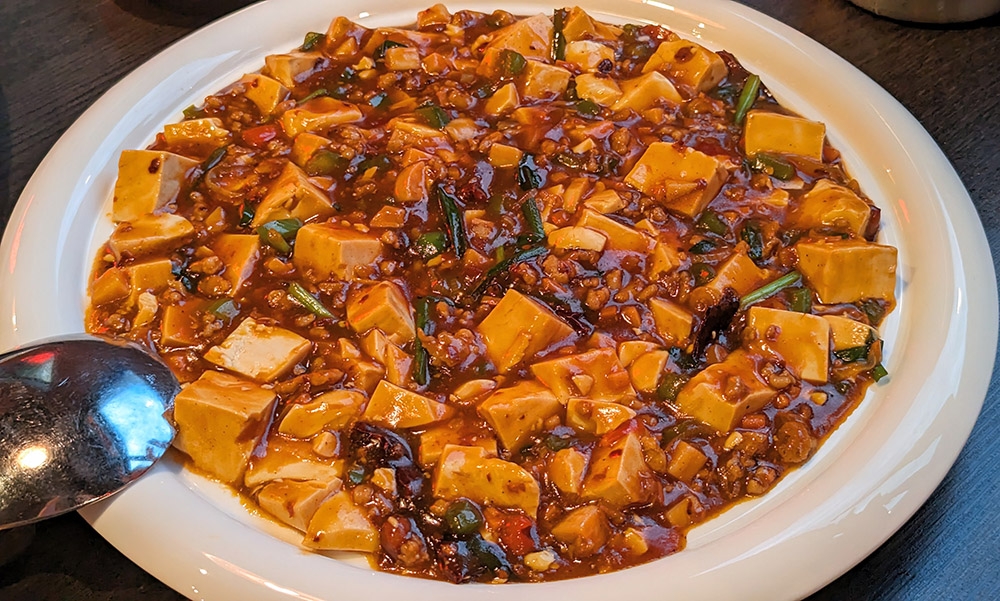
I found the result to be a very peculiar texture, halfway between crispy and chewy, and the sauce, while possessing a gorgeous sheen, felt more like a coating than a well-integrated glaze.
The menu is full of other dishes that are derived from Chinese cuisine, including mapa dubu (RM70).
It’s the Korean take on Sichuanese mapo tofu, and at Zuilong it is made for three, or two ravenous individuals.
It doesn’t threaten to blow your head off, but that sly tingling sensation just creeps up the back of your throat and settles on your tongue for a thoroughly enjoyable spice-high.
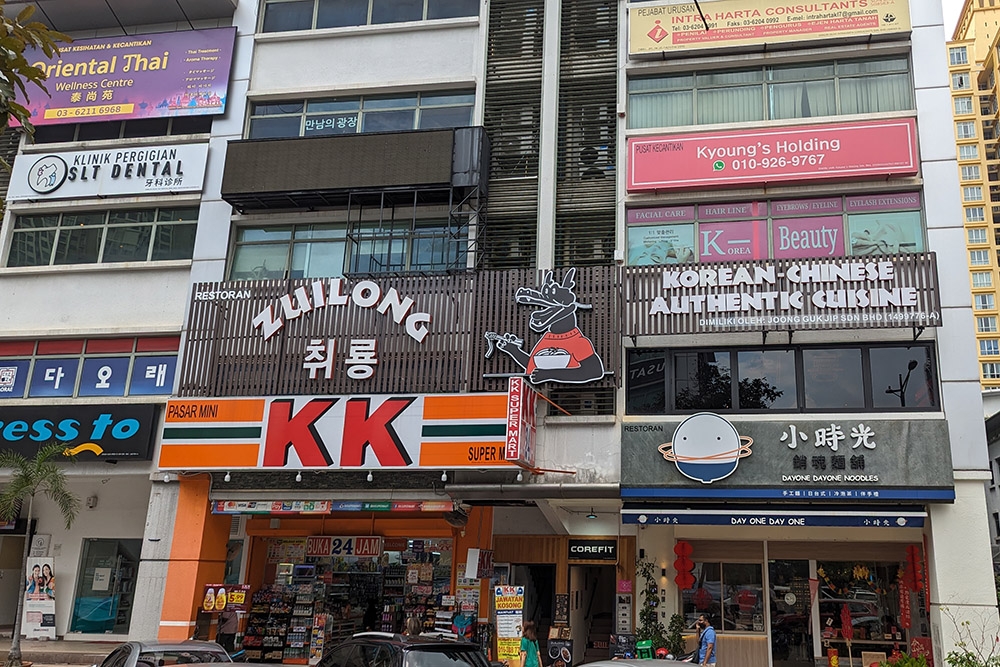
For those who’ve had mapo tofu before, this expertly straddles the line between familiar and different, and for the uninitiated, it may be a less intimidating gateway into a wonderful world of spice that awaits.
Ladle the cubes of soft tofu and minced pork over white rice for an utterly comforting way to close out the meal.
Another round of honey beer couldn’t hurt, could it?
Zuilong is open for business as usual throughout the Chinese New Year period.
Zuilong 취룡
1-1, Jalan Solaris, Solaris Mont Kiara, Kuala Lumpur
Open daily, 11.30am-12am. Closes at 10pm on Sunday. Closed on Wednesdays.
Tel: 03-2858 7482
Instagram: @zuilong_kl
*This is an independent review where the writer paid for the meal.
*Follow us on Instagram @eatdrinkmm for more food gems.






















